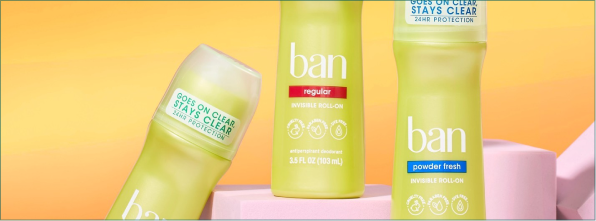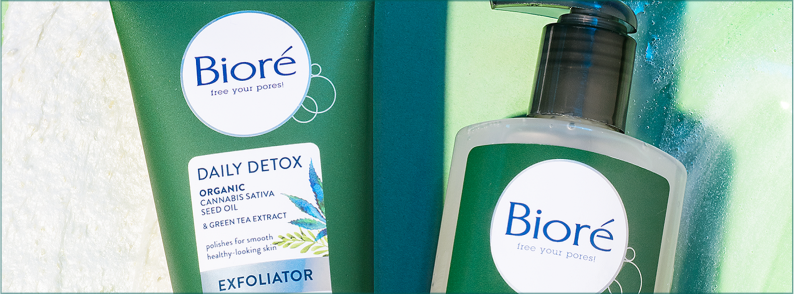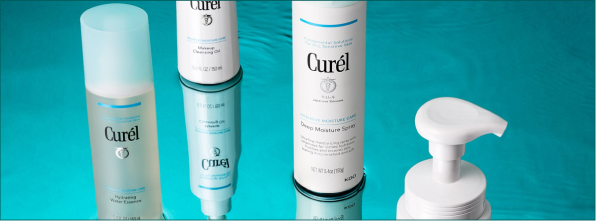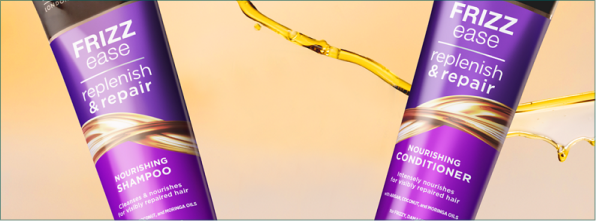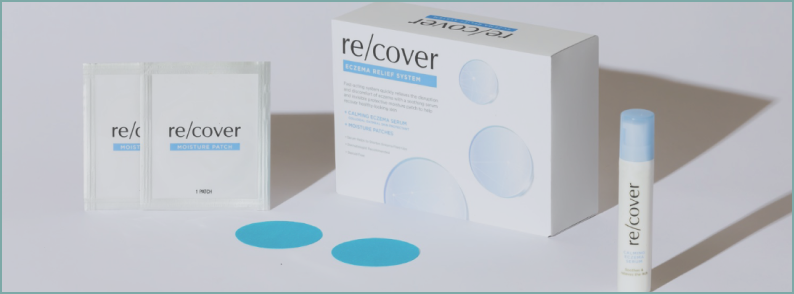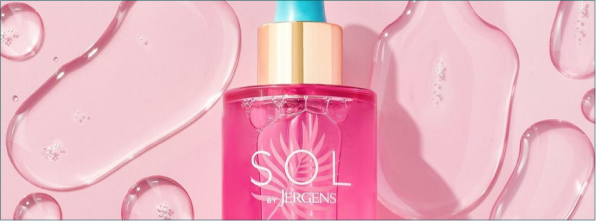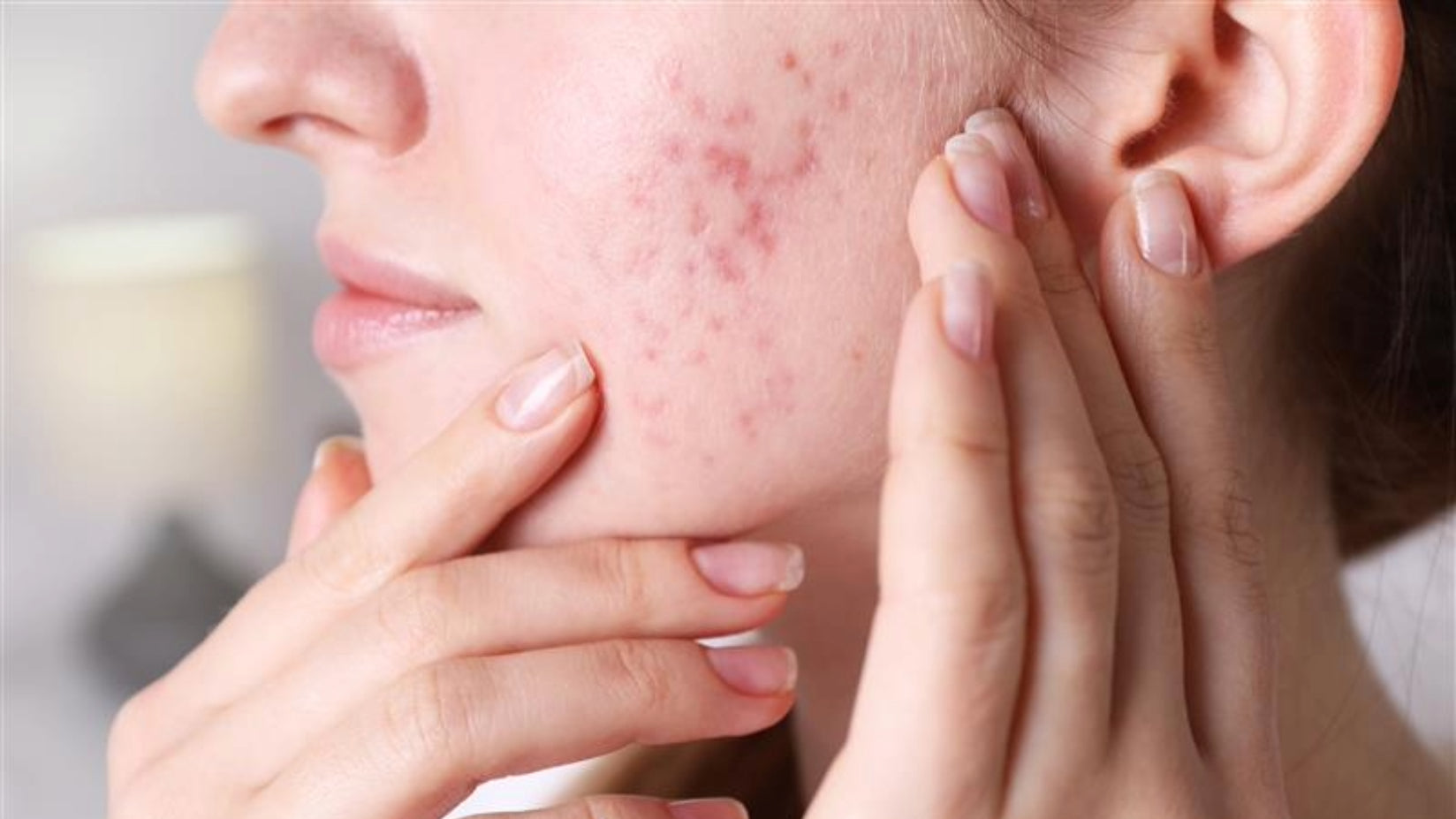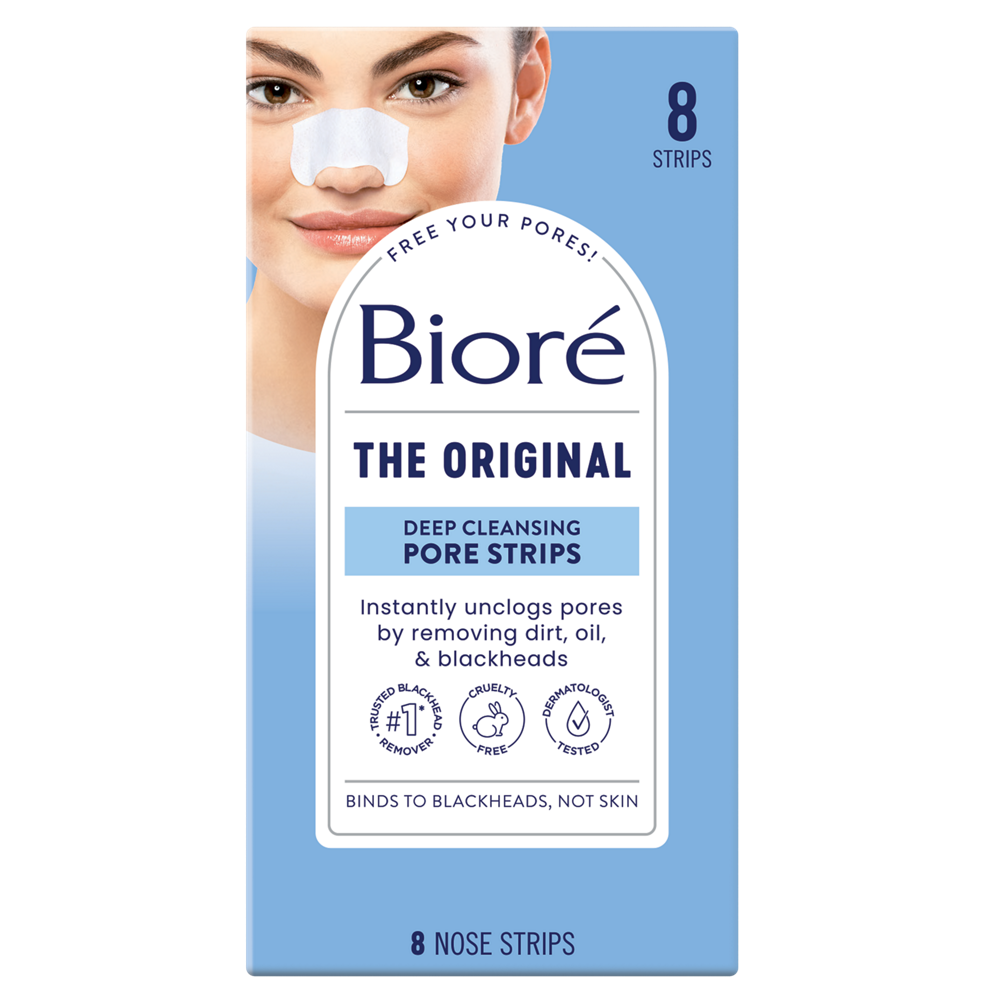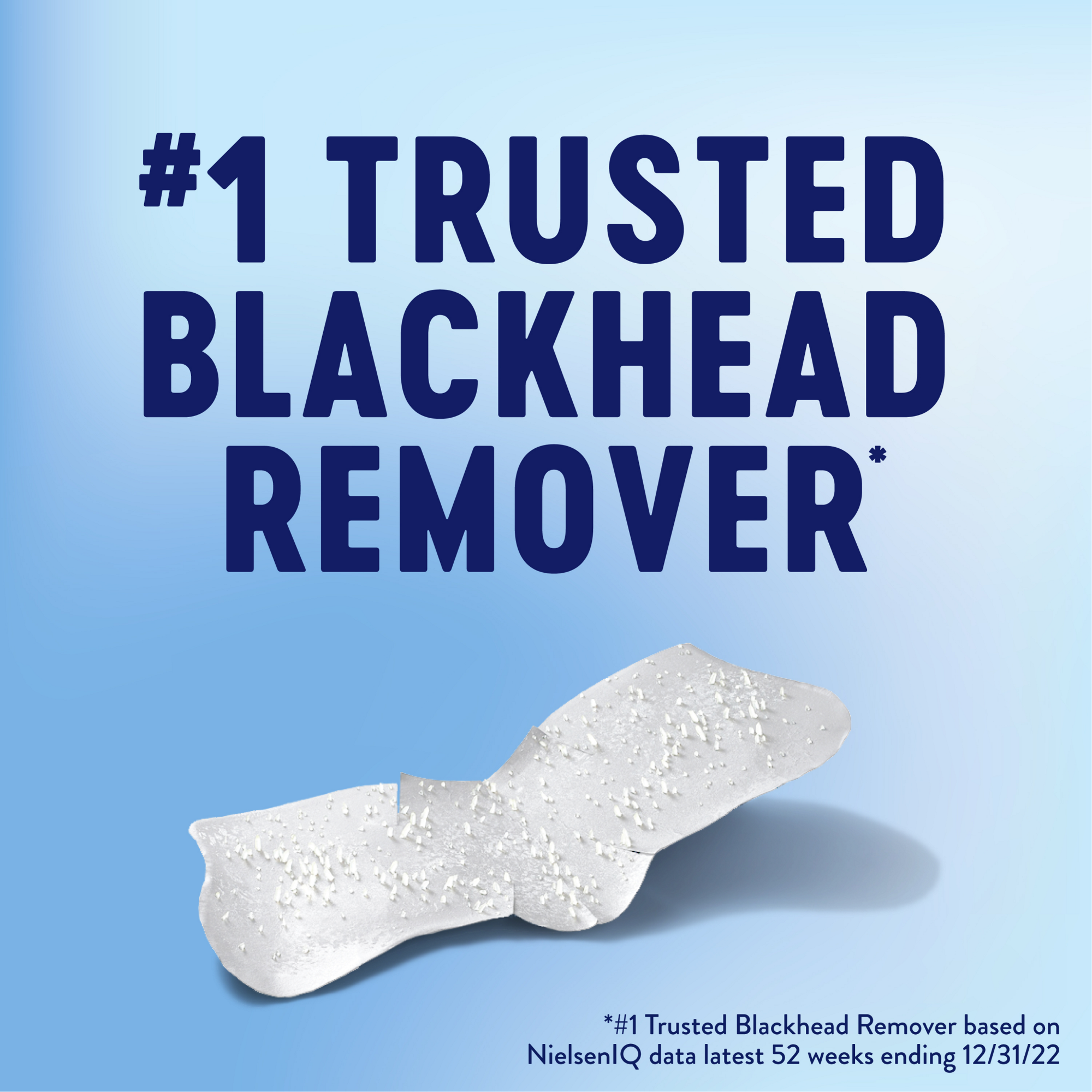Face Care by Skin Type

How to Care For Your Skin Type: Face Care For Dry, Oily & Combination Skin Types
Do you know what the largest organ in your body is? It’s not your heart or lungs, but actually your skin, covering you literally from head to toe.
As you go about your day, your skin is met with pollution, sun exposure, toxins, and other environmental conditions that can damage it. That’s why taking care of the largest organ of your body is important, especially when it comes to your face.
What’s confusing is that there are five different skincare types, and understanding the best products and routines for your skin type is crucial. Determining your face care by your skin type helps you find the products that will work best for your specific needs.

Skin Care Tips To Remember For All Skin Types
Even though there are five different skin types, they all begin with a similar basic face care routine. Here are some simple but effective tips that everyone should follow for maintaining healthy skin.
- Protect your skin from the sun. It’s important to make sure you have adequate levels of Vitamin D, but you don’t need to expose your skin to the sun unprotected to get it. Protect your skin with sunscreen every morning. Your scalp is also subject to UV radiation, so cover it with a hat or sunscreen as well.
- Hydrate. Water is an important component in your bodily organs, including your skin. Drinking enough H20 will help plump up your skin, giving it a smoother and younger appearance.
- Nourish your skin with the food you eat. Just as drinking enough water hydrates from within, eating the right foods nourishes from the inside too. Make sure you’re eating lots of produce, in all the different colors of the rainbow. Each color comes from a different antioxidant, and these substances help fight off the toxins you come into contact with on a daily basis.
- Don’t pick at or touch your skin. Picking at your skin may lead to permanent damage. Your hands carry dirt and oil and other materials that don’t keep your skin clean. Keep them away from your face and the rest of your skin whenever possible.
- Cleanse daily and deep clean pores regularly. Your face especially needs a nightly wash to remove all the dirt, grime, and pollutants from the day. Clean skin will also help your face-care products sink in and do their work. While you may not need to deep clean your pores every night, it’s a good idea to do so regularly.
- Use quality skin and face care products. Products that are designed for your skin type will give you the best results. Check the ingredient list to make sure there are no surprises or anything that you know your skin is sensitive to. It’s a good idea to try a “patch test” on skin that isn’t as visible to see if a new product will work for you. That way, if your skin does react to the formulation, you know not to use it anywhere else.
How to Find Your Skin Type
Now that you understand the basics of skin care, you can adapt your routine for your specific needs by figuring out which of the five skin types you have.
To find out your skin type, you’ll need to assess your clean, naked face without any products or makeup. Read the characteristics of each skin type below to see how your face matches up.
1. Normal Skin Type Characteristics
Even without any products, your skin feels balanced. It looks and feels smooth, with few if any blemishes. Your pores aren’t visible.
2. Oily Skin Type Characteristics
Without products, especially moisturizer, your skin is greasy or shiny. Your pores are probably pretty easy to see, and you’re likely to experience blemishes.
3. Dry Skin Type Characteristics
After you wash (but before you apply any other skincare products), your skin feels tight or even itchy. It has a flaky or uneven look to it.
4. Combination Skin Type Characteristics
You have characteristics of both oily and dry skin. In fact, it’s very common to have oily skin on your “T-zone” on your forehead and nose, and dry skin elsewhere on your face.
5. Sensitive Skin Type Characteristics
Sensitive skin usually has characteristics of one of the skin types described above and a tendency to react to irritants and products. Sensitive skin can also flush easily and redden. It often feels itchy and irritated.
Skin Care Tips Depending on Your Skin Type
1. Normal Skin Care Tips
Normal skin care may seem easier, but it’s just as important to use the right products as it is for any other skin type. Your face and other areas of the body still need the proper care.
Normal skin types do best when they are kept in balance, without being overly moisturized or overly dried. Make sure your normal skincare routine includes products that are tailored for normal skin.
2. Oily Skin Care Tips
A mistake that people with oily skin often make is to skip moisturizer or use formulations that are too harsh. However, even oily skin needs to maintain a certain amount of sebum (the oily substance) to protect itself.
If you dry oily skin out too much with harsh treatments or products, your skin will overproduce sebum to balance it out (making it more oily).
Instead, try these oily skin care tips:
- Use a moisturizer that’s designed for oily skin and that won't clog pores.
- Deep clean your pores regularly so that your skin produces sebum in a balanced way.
- Remove all traces of makeup (to avoid clogging pores) at nighttime.
- Keep your fingers away from your face to avoid or minimize the chance of breakouts.
3. Dry Skin Care Tips
Hydrating your skin is critical when you have a dry skin type. Two easy ways to add hydration are to drink plenty of water and use moisturizer that’s formulated for dry skin.
Be careful when washing your face as part of your dry skincare routine, though, since overly hot water (use lukewarm instead) and overly harsh cleansers both tend to dry it out even further. Dry skin should also not be overwashed, even with a gentle cleanser.
4. Combination Skin Care Tips
As you might imagine, caring for combination skin involves keeping a balance between your oily areas and the drier spots.
Combination skin care also involves deep cleaning pores to make sure they don’t get too clogged, especially in the T-zone.
You might need different oil-free products for your T-zone compared to hydrating products for the rest of your face, so make sure that you're applying the right formulations in the right places.
5. Sensitive Skin Care Tips
Like all the other skin care types, sensitive skin care does best with products, including makeup, that are formulated for this type of skin. You may need to pay more attention to the ingredients list so you can avoid substances that your skin tends to react to.
It’s a good idea to patch test, one formulation at a time, to make sure a new product won’t irritate your skin. And remember to cleanse nightly so that you’re removing environmental toxins and irritants from your skin too.
Making Your Skin Look and Feel Its Very Best
Everyone’s skin is a little different, which is why it’s key for you to discover what’s best for your skin type and your skin needs, even if that might be different from the way that your parents or friends care for their skin.

Whatever your skin type may be, it’s yours, so use what you need to make it look and feel its best. Don’t forget that what you eat and drink has a powerful effect on how your skin looks and feels, so give it the hydration and nutrients it wants as well.
For the best results, determine what your skin type is and find a skin care routine that works for you. Then follow it consistently, day and night. Healthy, glowing skin can be yours with proper, regular care and specially formulated products for your skin’s needs.
